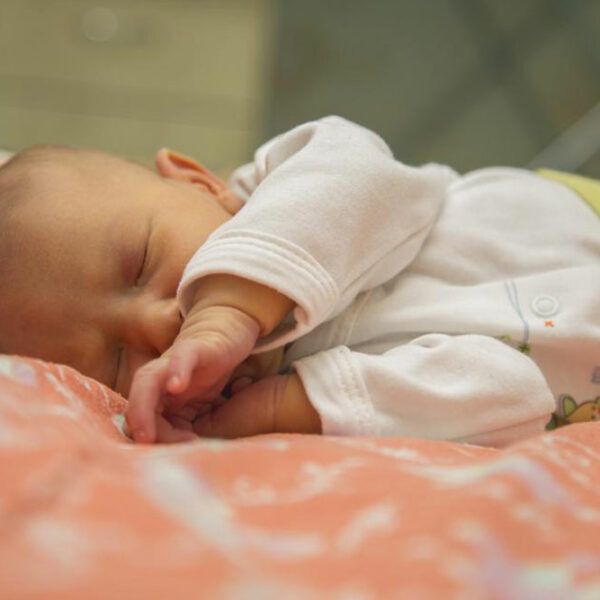
What are the causes and symptoms of neonatal symptoms
Sepsis is a condition that can affect anyone, but some groups can have a higher risk of contracting sepsis. One such group includes the newborns. Sepsis in babies (also known as neonatal sepsis) can usually occur during the first 90 days of their life. This obviously is because infants have a developing immunity which makes them an easy target for bacterial infections. How does neonatal sepsis occur? There are two types of sepsis, i.e., early onset and late onset. Early onset is when the baby contracts the infection within 24 hours of the delivery. This usually happens when the baby is premature. On the other hand, late onset sepsis is when a baby is struck by sepsis in the first month after the birth. Neonatal sepsis occurs due to the following reasons If the mother happens to be infected by bacteria during pregnancy. Broken water, following a delayed delivery, i.e., almost more than one day. Being exposed to individuals or an environment having bacterial infections. What kind of infections can trigger neonatal sepsis? Some of the common bacteria, virus or fungus that can lead to sepsis in newborns. Such contamination can also occur if the baby misses some of the crucial vaccinations in the first month.